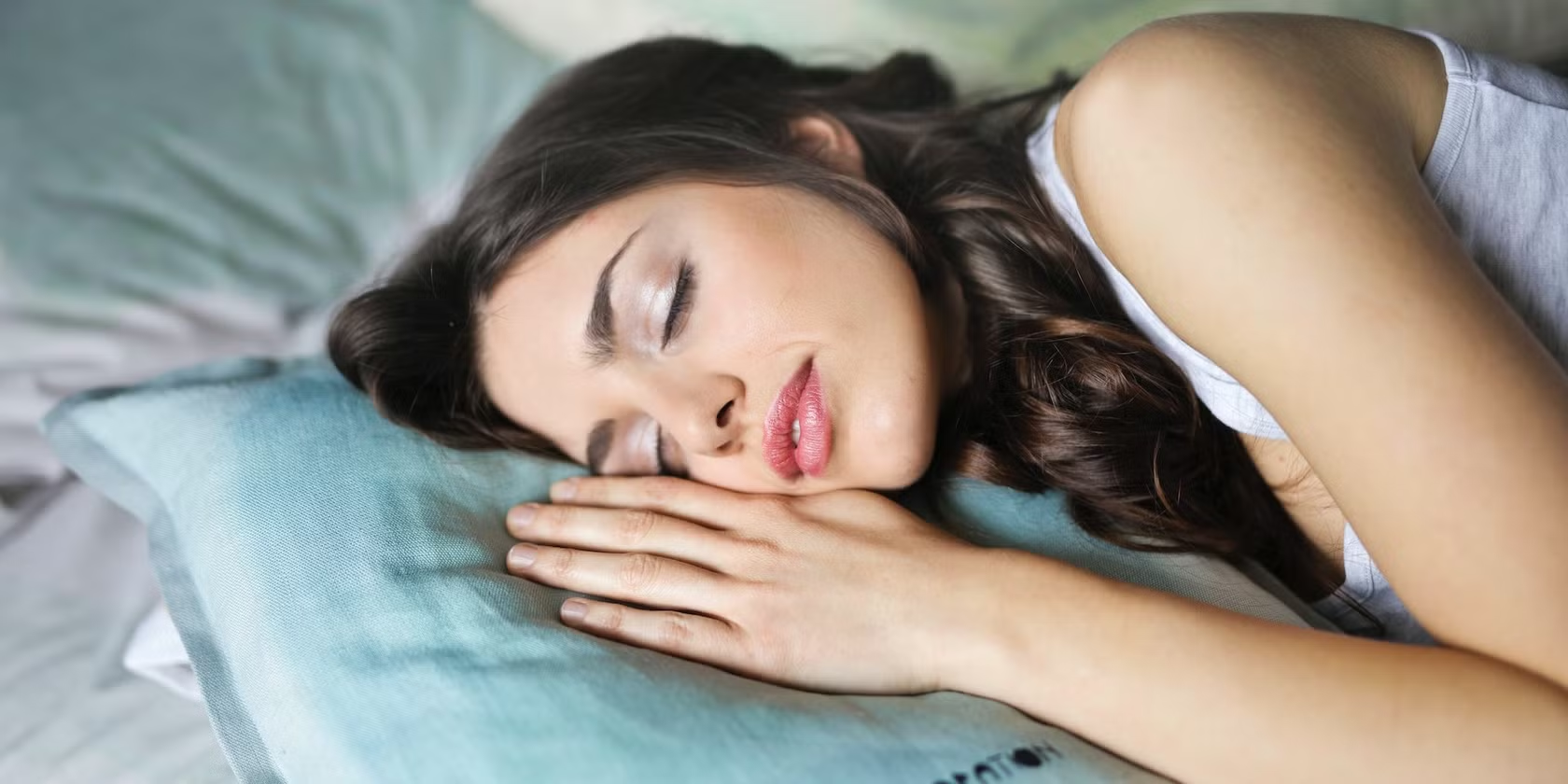In our fast-paced world, quality sleep is often overlooked, yet it plays a crucial role in our overall health and well-being. Sleep hygiene refers to the practices and habits that promote consistent, uninterrupted, and restful sleep. By prioritizing sleep hygiene, you can improve your sleep quality and, in turn, enhance your physical and mental health. This blog will explore the significance of sleep hygiene and provide practical tips to help you achieve better sleep.
1. Understanding Sleep Hygiene
- What is Sleep Hygiene? Sleep hygiene encompasses a range of behaviors and environmental factors that contribute to healthy sleep patterns. This includes your sleep environment, daily routines, and lifestyle choices that affect your ability to fall asleep and stay asleep.
- Why is it Important? Poor sleep hygiene can lead to sleep disorders, fatigue, reduced productivity, and negative impacts on mental health. Conversely, good sleep hygiene can enhance mood, cognitive function, and overall well-being.
2. Key Principles of Sleep Hygiene
- Maintain a Consistent Sleep Schedule: Go to bed and wake up at the same time every day, even on weekends. Consistency helps regulate your body’s internal clock and improve the quality of your sleep.
- Create a Restful Environment: Your bedroom should be conducive to sleep. Keep it cool, dark, and quiet. Consider using blackout curtains, earplugs, or a white noise machine to minimize disturbances.
- Limit Exposure to Screens: The blue light emitted by phones, tablets, and computers can interfere with melatonin production, making it harder to fall asleep. Aim to turn off electronic devices at least an hour before bedtime.
- Establish a Relaxing Pre-Sleep Routine: Engage in calming activities before bed, such as reading, taking a warm bath, or practicing relaxation exercises. This signals to your body that it’s time to wind down and prepare for sleep.
3. Lifestyle Changes for Better Sleep
- Watch Your Diet: Avoid large meals, caffeine, and alcohol close to bedtime. These can disrupt sleep patterns and make it difficult to fall asleep or stay asleep.
- Get Regular Exercise: Physical activity can help you fall asleep faster and enjoy deeper sleep. However, try to avoid vigorous exercise close to bedtime, as it may have a stimulating effect.
- Manage Stress and Anxiety: High stress and anxiety levels can significantly impact sleep quality. Incorporate stress-reducing techniques into your daily routine, such as mindfulness, meditation, or deep breathing exercises.
4. When to Seek Help
- Recognize Sleep Disorders: If you consistently struggle with sleep despite maintaining good sleep hygiene, it may be time to consult a healthcare professional. Conditions like insomnia, sleep apnea, and restless leg syndrome require medical intervention.
- Keep a Sleep Diary: Tracking your sleep patterns, habits, and how you feel during the day can provide valuable insights. This information can help your healthcare provider assess your sleep issues more effectively.
Conclusion
Prioritizing sleep hygiene is essential for achieving restful and restorative sleep. By implementing these tips and making mindful choices about your sleep environment and routines, you can improve your sleep quality and overall well-being. Remember, better sleep is not just a luxury; it’s a necessity for a healthy and balanced life.
What sleep hygiene practices have worked for you? Share your tips and experiences in the comments below!

Leave a Reply